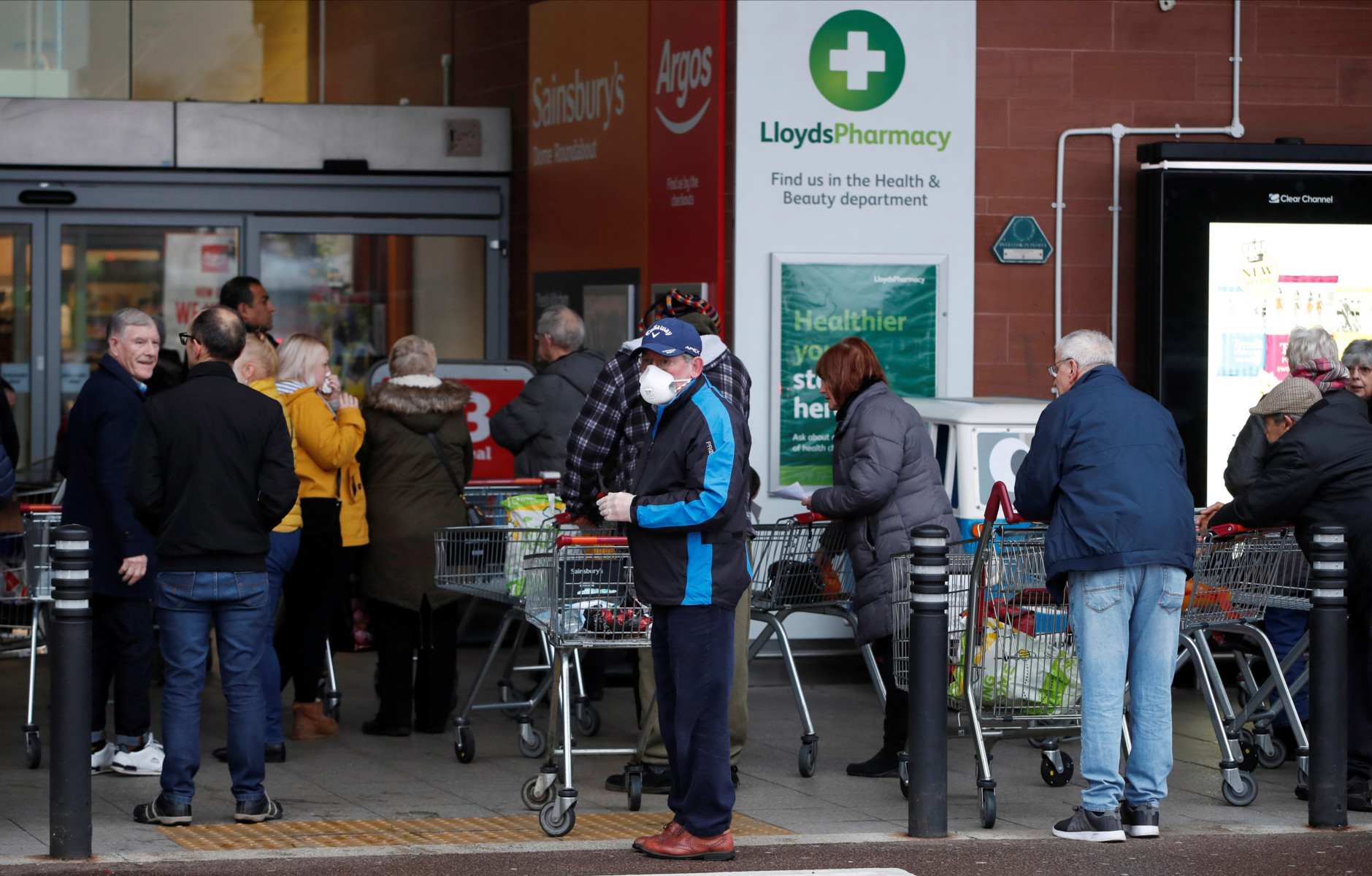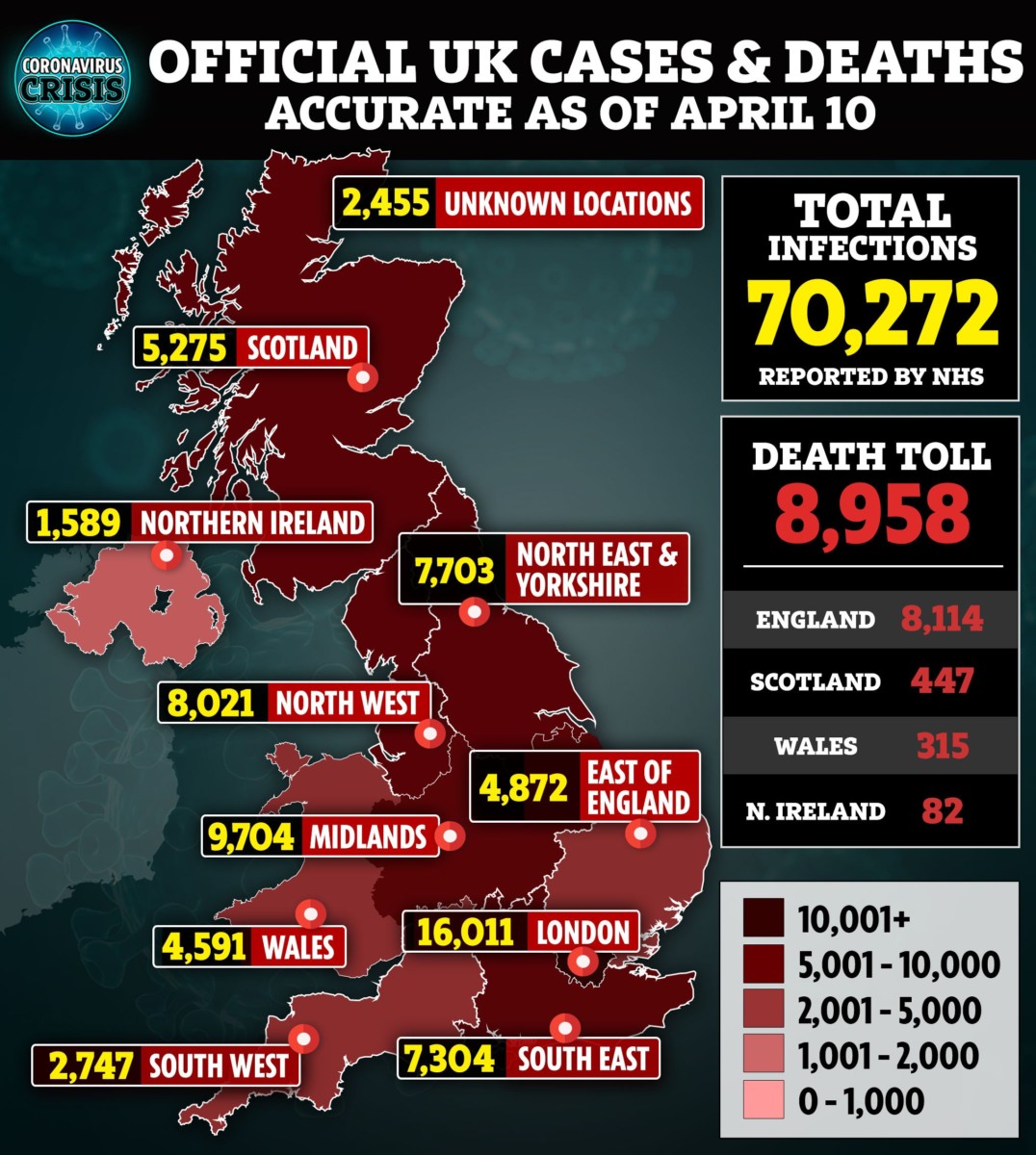MORE than 3million Brits are going hungry because of the coronavirus crisis, experts claim.
Self-isolation and unemployment due to the outbreak means many have gone without eating in the past three weeks.
The startling figures come from research carried out by the Food Foundation which found that drastic drops in income have pushed families to poverty, the Financial Times reports.
Researchers said that six per cent of surveyed adults, the equivalent of 3million people, had gone without meals since the lockdown.
While 16 per cent, representing 8.1million people, said they had experienced food insecurity because of covid-19.
Executive director of the Food Foundation, Anna Taylor said: “There is a food poverty problem that has not been dealt with, and we’re seeing the results of that now.
“On top of that, we have new problems around isolation and shortages — people are telling us they simply can’t get out to get the food they need.”
The study of 4,343 adults, carried out with You Gov, found that three per cent had gone without food for the entirety of day.
Twenty five per cent said they were going hungry because they could not leave their homes to get to shops.
Half of those surveyed said they were struggling with food because of supply problems caused by the pandemic.
The Food Foundation wants the government to set up a task force to help address the food problems experienced by Brits that are short of cash during the crisis.
JOBS AT RISK
It comes as a report claims one in six Brits is in danger of losing their job because of coronavirus.
The document states that 5.6million of the 32million workforce could be left out of work.
But Government schemes to pay wages may fail to catch all of them, forcing millions on to benefits.
Four groups of workers are at the highest risk, experts say.
Three — those on fixed-term contracts, zero-hours contracts, and part-timers not doing all the hours they want — may not qualify for help if their bosses decide it is easier to fire them.
The fourth, the self-employed, will get 80 per cent of their earnings but not until June when many micro businesses will have folded.
Of the 5.6million, some 1.6million work in industries that have been closed, such as restaurants and retail shops, and are at high risk of losing their jobs.
The New Economics Foundation, which did the analysis, urged Chancellor Rishi Sunak to create a bigger safety net for the surge of new jobless. Instead of relying on Universal Credit, it wants a £221 a week guaranteed minimum income introduced for all working-age adults.
Head of economics Alfie Stirling said: “Universal Credit payments are insufficient to meet basic living costs. Having made welcome moves to prevent job losses, government must now turn to strengthening the UK’s safety net as well.”











